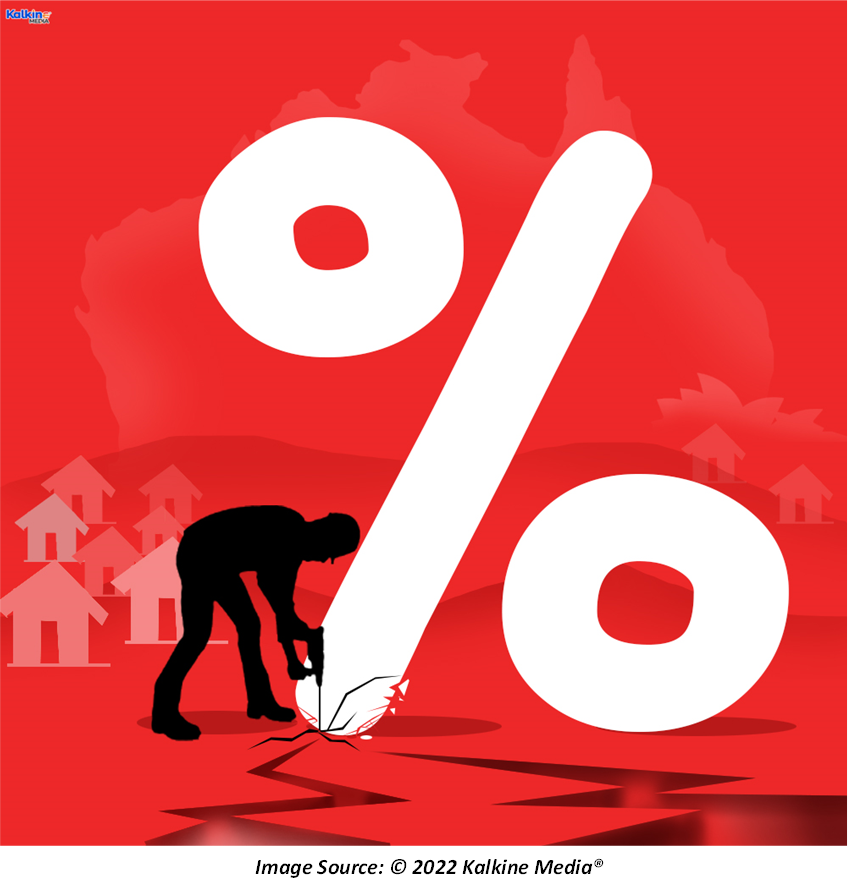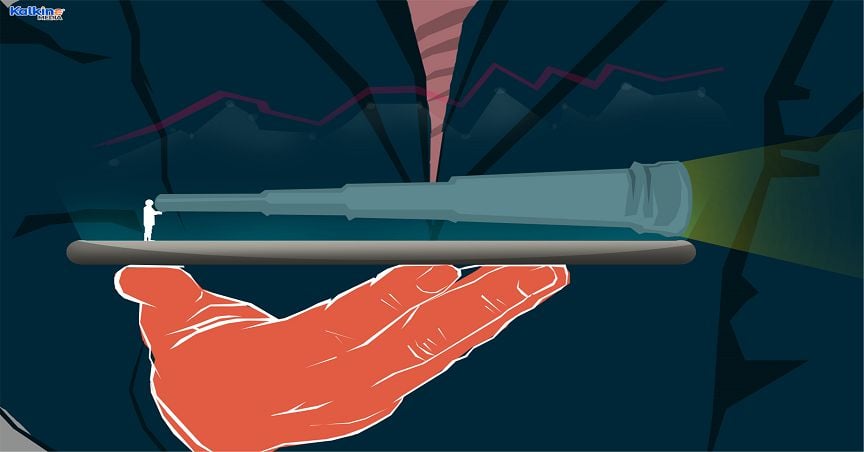Highlights
- The Fair Work Commission (FWC) has increased the minimum wages by 5.2% as cost-of-living pressures increase.
- Higher wages are often associated with job losses and can contribute to ongoing inflation.
- An increase in wages could force businesses to raise the prices of their products, ultimately making households worse off.
The recent minimum wage hike offered by the Fair Work Commission has come at a highly controversial time. While workers will get some relief from rising cost-of-living pressures, concerns loom that higher wages could also contribute to higher inflation. This has sparked a debate on whether the massive wage hike was a good decision in the current scenario.
ALSO READ: Why sending parcels may cost Aussies more?
Utilising higher wages as a remedy during times of inflation has been a topic of discussion for many years. One side of the argument suggests that lower-paid workers need extra wages to get through highly inflationary times. However, the other side believes that wage hikes feed into inflation, resulting in a wage-price spiral.
Higher inflation is a problem for the central bank, which aims to keep inflation in check by raising the interest rate. The Reserve Bank of Australia (RBA) has been tightening its monetary policy to tame high inflation. With inflationary pressures rising across the Australian economy, interest rate hikes could be steeper in the coming months.
GOOD READ: Why are job seekers worried about new point-based system to receive JobSeeker payment?
The trade off between jobs and wages
Companies generate higher wages with the limited resources they have. Thus, higher wages are often associated with increasing unemployment. However, a deeper context is needed to understand this relationship better.
Australia’s unemployment rate is currently at an all-time low, showing the high strength of the labour market. Businesses have been looking out for more workers as the supply of skilled labour is less than the demand. With higher wages, this setting may change. As companies offer higher wages to their workers, they would have to offset this higher cost elsewhere.
How do high interest rates bring down inflation?
This could come in the form of a lesser number of jobs being offered by the companies. Many firms might also be forced to lay off workers, cut back hours or hold off any hiring processes. Another alternative for companies is to pass on these higher costs to consumers.
While many companies may not prefer to raise their prices due to the fear of losing out on consumers, they could take the cost-cutting route. Either way, the pressure would fall on households to manage higher prices and job losses. However, the Fair Work Commission believes that moderate and regular increases in minimum wages are not much of a threat as they do not lead to severe disemployment effects.
Alarm bells ringing for RBA
The Reserve Bank has stated that it would take all required measures to keep inflation under control. The recent minimum wage hike seems to be an alarming signal for the RBA as the central bank may be forced to conduct higher interest rate hikes now.
Alternatively, the current Labor government has long pushed for a hike in wages. Prime Minister Anthony Albanese had advocated for higher wages during his election campaign. Thus, the newly elected PM welcomed the wage hike by the FWC.
Surprisingly, the rate hike by FWC was much higher than market expectations. Notably, the Australian Council of Trade Union (ACTU) had proposed a wage hike of 5.5%, much higher than the annual inflation rate of 5.1%. However, FWC announced a wage hike of 5.2%, which is minimally higher than the inflation rate and is aimed at helping the low-income groups with the rising inflation.

The previous Morrison government held off its decision to conduct wage hikes due to the fear of high wages feeding into inflation. This stands in stark contrast to the present government’s ideology. However, these fears were not completely baseless.
As businesses manage staff shortages and positions go unfilled, businesses might be forced to reduce their production. This can contribute to a general slowdown in the national manufacturing sector, potentially impacting economic growth.
But that is not the end of the story. The RBA is expected to conduct more rate hikes in the coming months, which can put additional pressure on mortgage holders and households. This pressure would be heightened if the RBA conducts steeper interest rate hikes due to the recent minimum wage hike. With high inflation and rising interest rates ruling the Australian economy, wage hikes could turn out to be a double-edged sword for Aussies.



